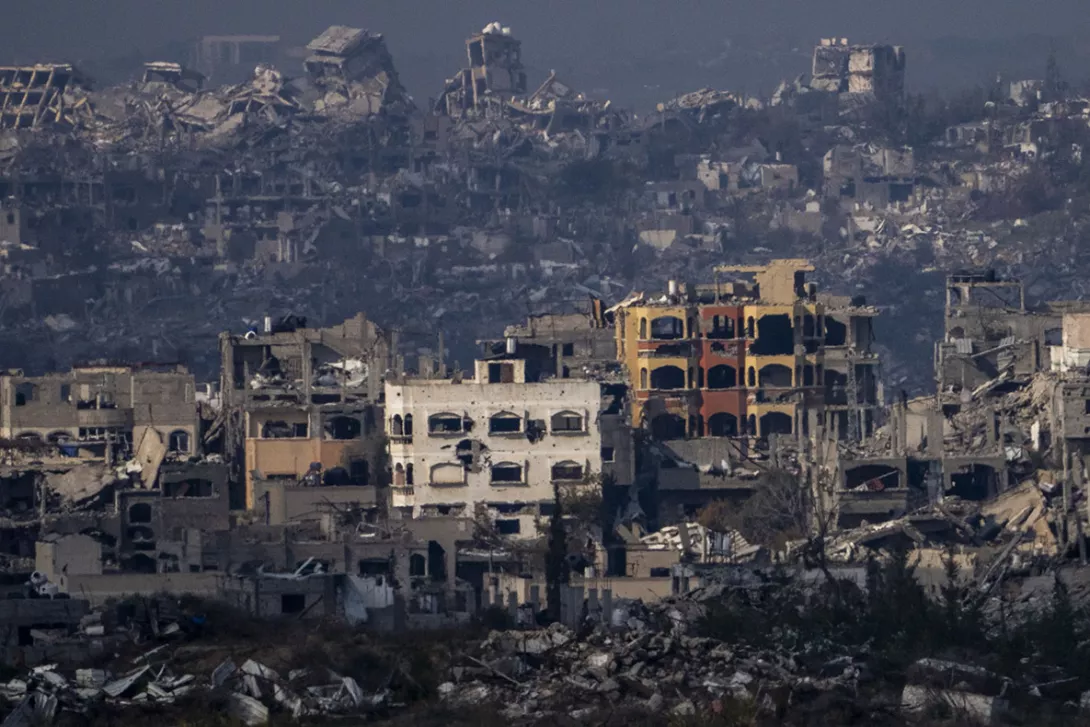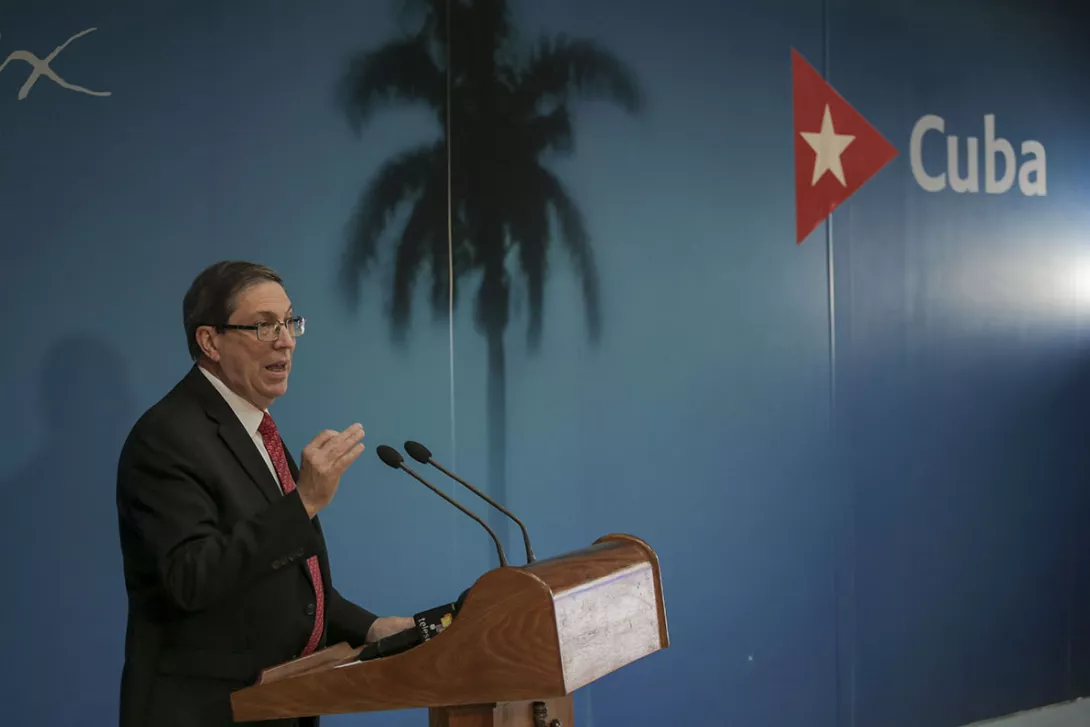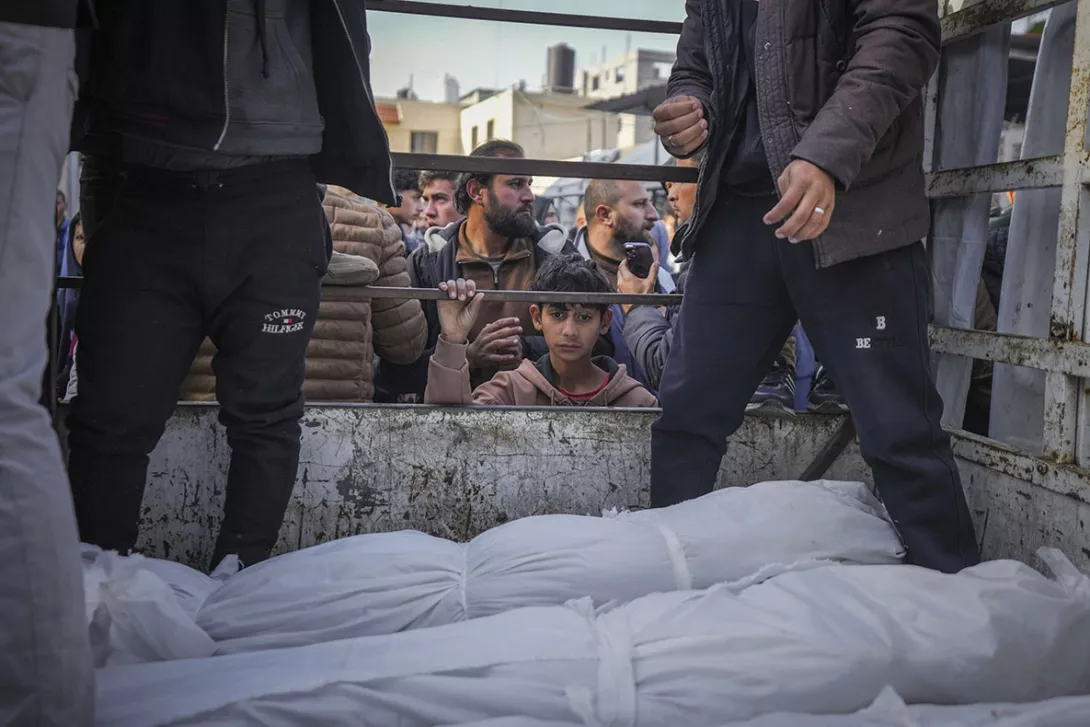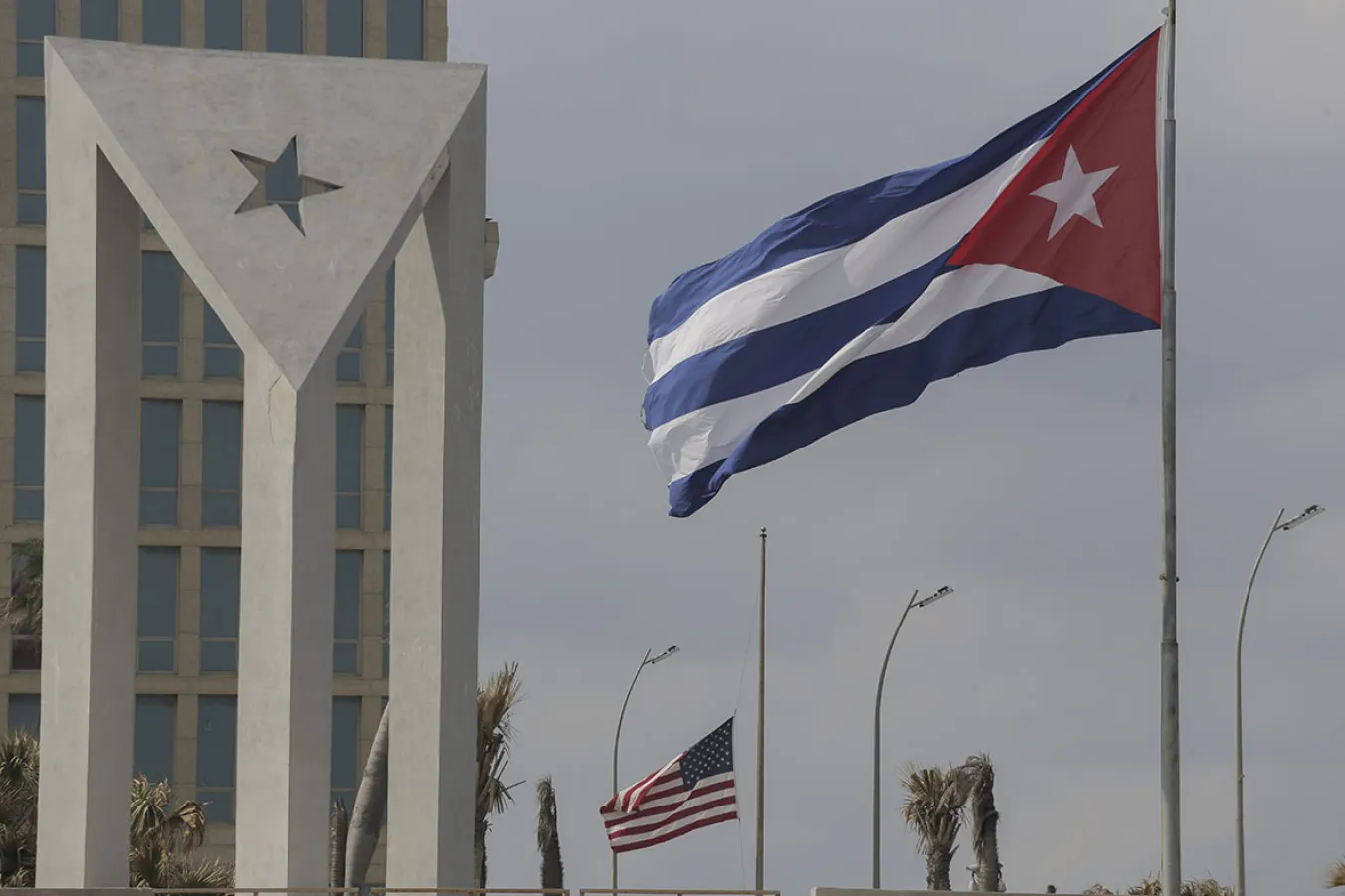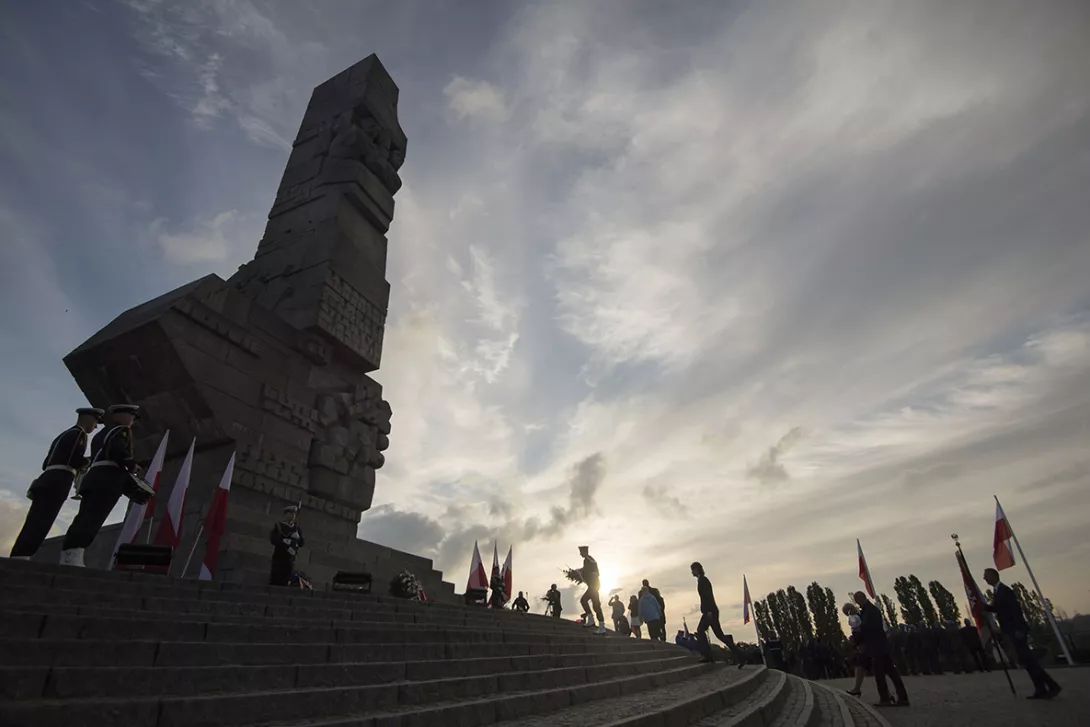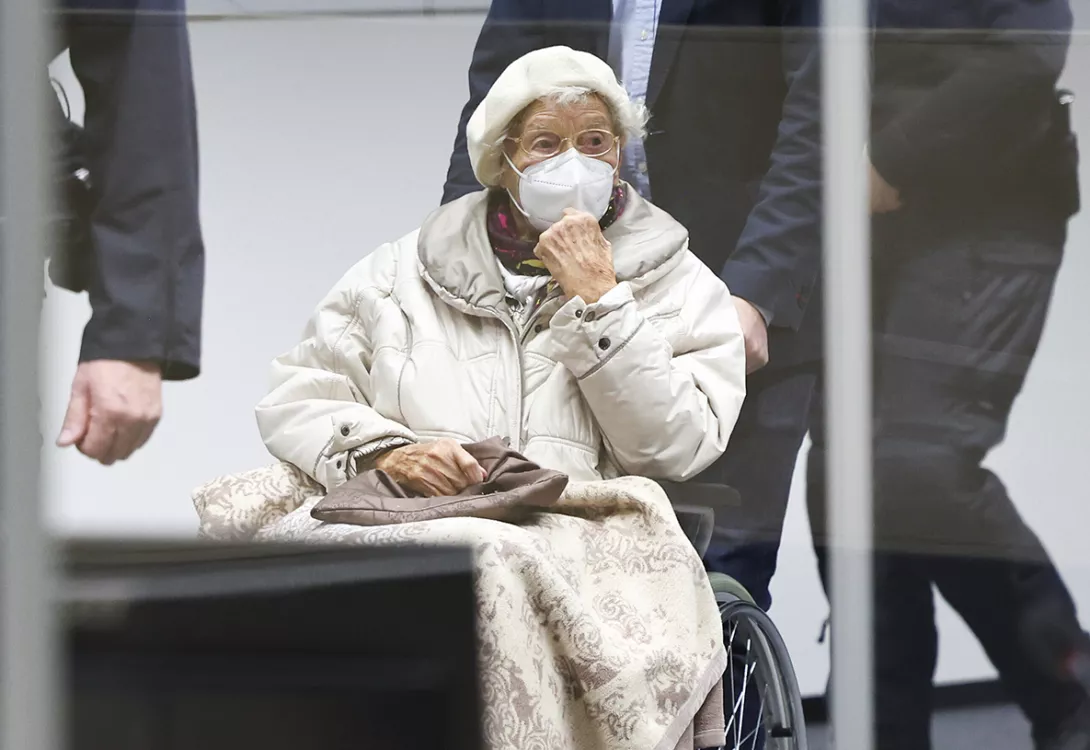Survivors mark 79 years since the liberation of Auschwitz
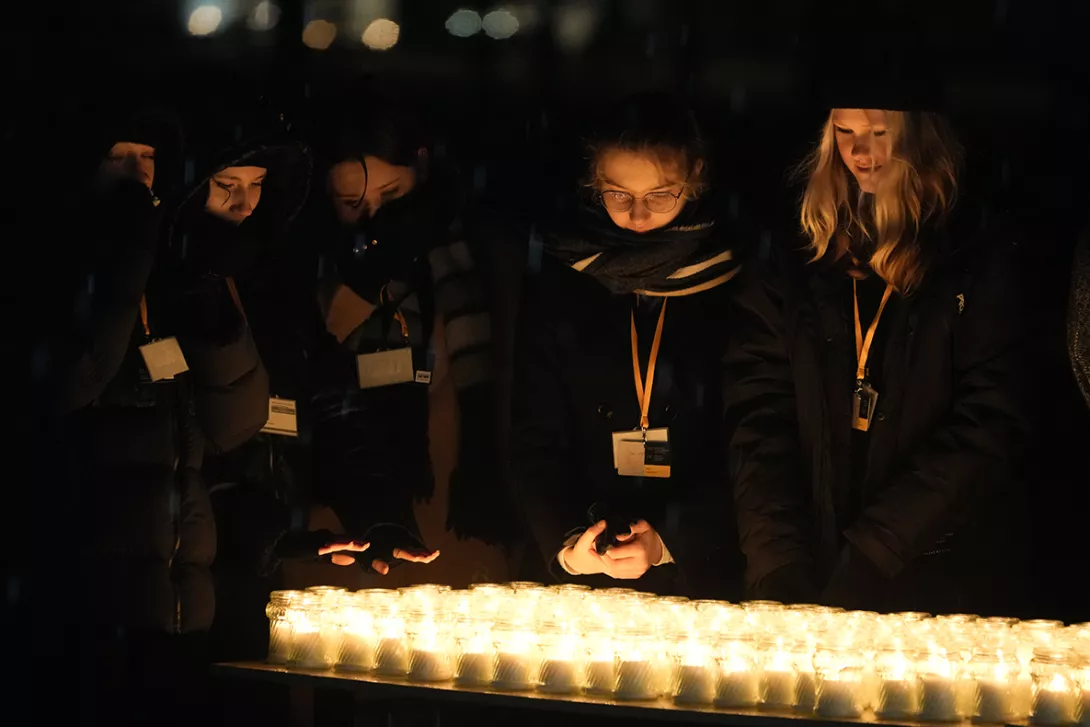
SURVIVORS of Nazi death camps marked 79 years since the Red Army’s liberation of Auschwitz-Birkenau at a modest ceremony in southern Poland on Saturday.
About 20 survivors of various camps set up by Nazi Germany across Europe laid wreaths and flowers and lit candles at Auschwitz’s Death Wall, where thousands of inmates, mostly Polish resistance members and others, were executed.
Later the group, along with state officials and other participants, gathered for a ceremony by a brick women’s barrack at nearby Birkenau that has recently undergone conservation.
More from this author
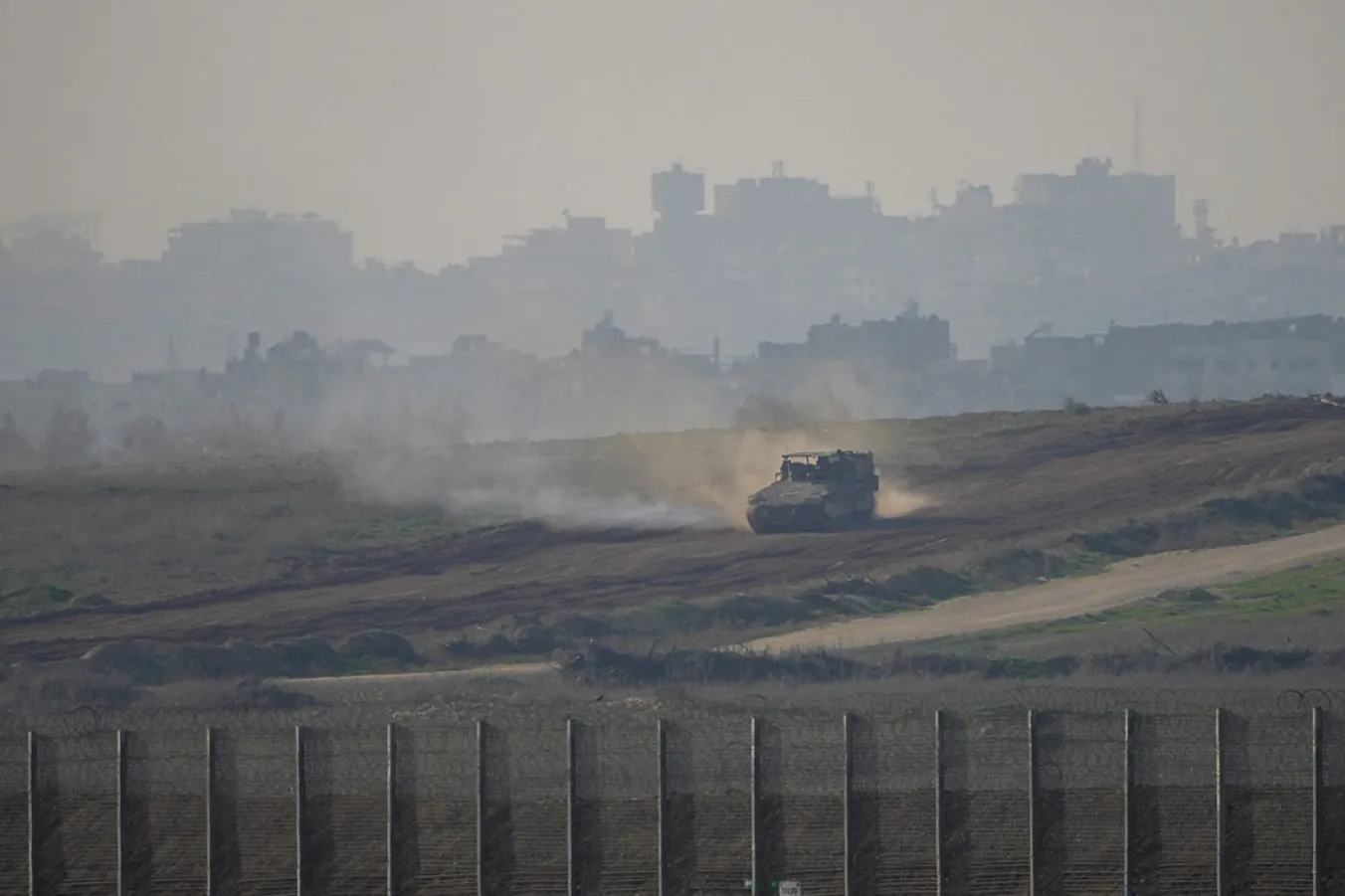
While Israel stalls on ceasefire agreement, its military kills another 78 people in Gaza
Similar stories
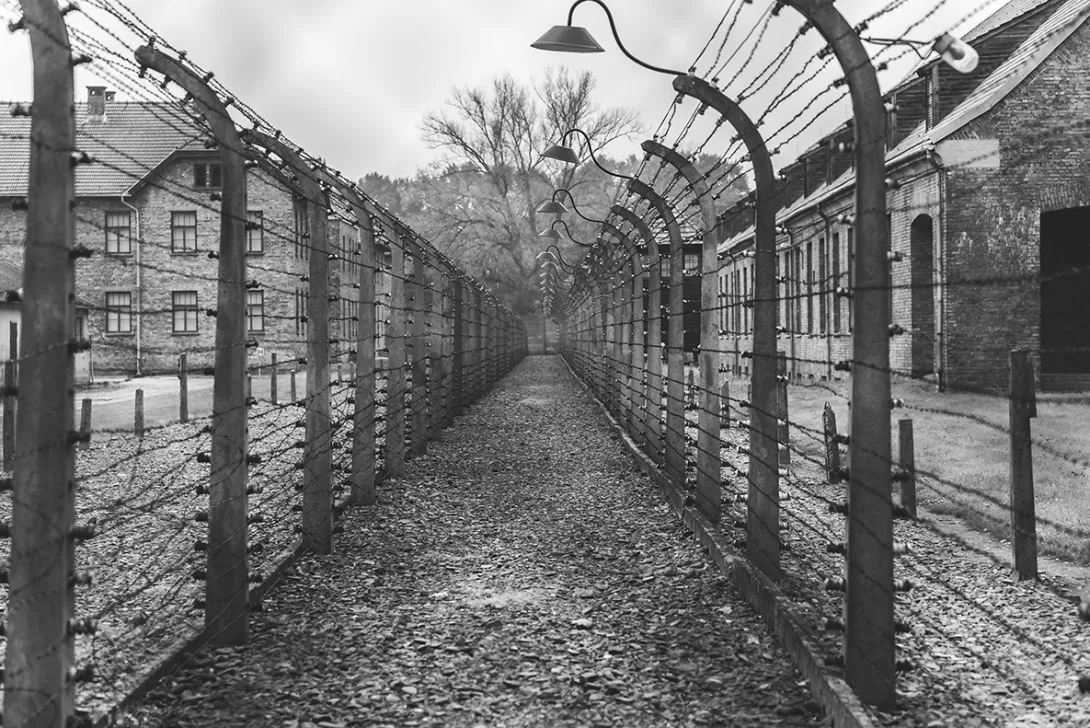
JOHN WIGHT says remembering the victims of the horrific Nazi extermination project is a vital defence of civilisation


